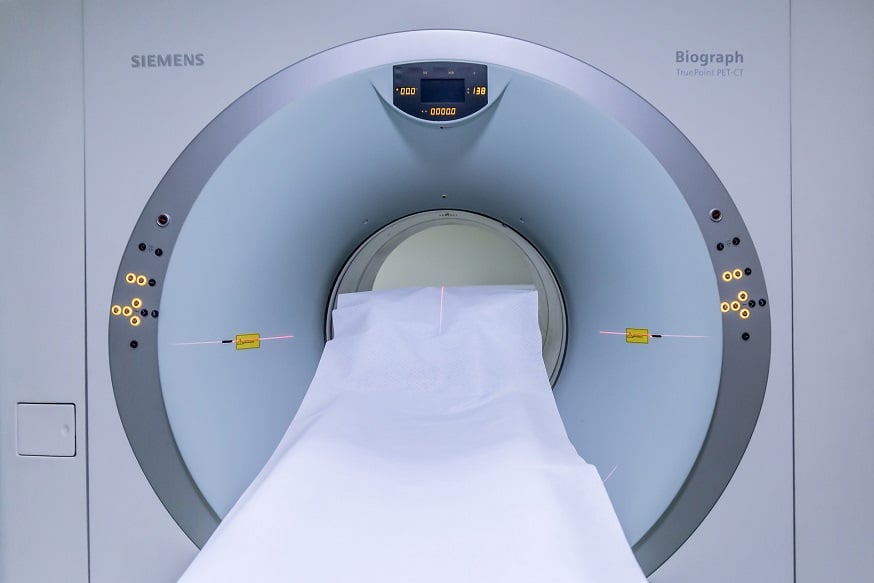Disclaimer: The information provided in this article does not imply endorsement of third-party services or products and cannot provide you with health and medical advice. No relevant financial relationship exists between the European Medical Journal and AMRA or Artialis.
CLINICAL trials for musculoskeletal disorders are set to receive a boost following an alliance that will enable Artialis (Liège, Belgium), specialists in musculoskeletal health, to utilise AMRA’s (Linköping, Sweden) body composition analysis technology. A particular aim of the collaboration is to identify more specific biomarkers for sarcopenia.
Sarcopenia Biomarkers
Sarcopenia is increasing in prevalence, and it is predicted that the number of cases will grow from over 10 million in 2016 to well over 18 million in 2045, an increase of 72.4%. While there have been biomarkers developed to help treat sarcopenia, specific biomarkers that are sensitive to skeletal muscle changes are required for disease prevention, new therapies, and monitoring the efficacy of treatment. Imaging data, especially from MRI scans, have proven important in developing biomarkers. However, MRI is often used only for cross-sectional or specific body areas, and is viewed as expensive and time-consuming.
Innovative Technology
AMRA’s innovative technology can transform 6-minute whole-body MRI into 3D-volumetric fat and muscle measurements. They also enable accuracy and precision in the analysis of lean tissue changes, muscle fat infiltration, and overall metabolic status. As Artialis is highly specialised in the research and development of innovative biomarkers, such as biological assays, that evaluate therapeutic efficacy at metabolic, structural, and functional levels, this is an exciting partnership that could enhance the treatment options available for sarcopenia in the future.
“Strong Asset to the Community”
Tommy Johansson, Chief Executive Officer, AMRA, commented: “AMRA’s body composition profiling allows for the improved understanding of metabolic status and evaluation of specific changes in fat and muscle related to interventions. With an ageing population, we know that sarcopenia is a global health problem, one that requires a precise understanding of the disease and how it is treated. Thus, we believe AMRA’s work with Artialis will be a strong asset to the community as a whole.”
James Coker, Senior Editorial Assistant
For the source and for further information, please click here.








